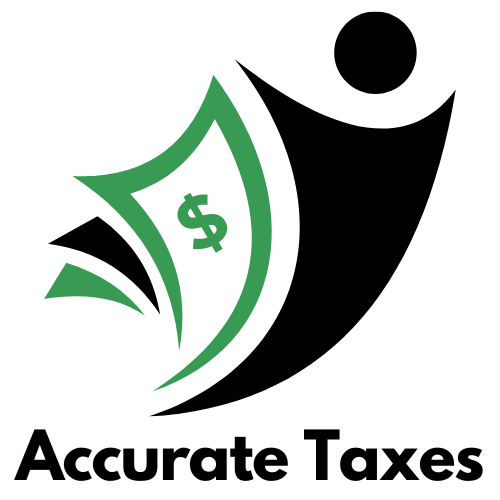Do you ever feel that you have receipts everywhere? In your pockets; in your wallet; in the glove compartment; and many tucked away in that special place that you have put them so you will remember to record them later – and then don’t remember where that special place is? Yea, I’ve been there too.
So is it really necessary to keep all those receipts, especially for the purchases you have put on your credit card? After all, the charge is shown on the statement, so that is proof that you had an expense of some sort – isn’t it?
Well – according to the IRS, in order to substantiate proof of a business expense you need supporting documents. A quote from the IRS.GOV website explains what supporting documents are required.
“Your supporting documents should show the amount paid and a description that shows the amount was for a business expense. Documents for expenses include the following:”
- Canceled checks or other documents that identify the payee, amount, and proof of payment/electronic funds transferred.
- Cash register tapes
- Account statements
- Credit card receipts and statements
- Petty cash slips for small cash payments
Some may feel that the credit card statement is sufficient proof that an item was purchased or a service was rendered. Technically, that may be true. After all, the credit card statement will show the date of purchase, where the purchase was made, and the amount. However, it will not show what was purchased. For instance, if you purchased something from Amazon, the credit card statement won’t show if it was for the new laptop for the office, or if it was for the new camping gear you son has been eyeing. If the IRS comes knocking on your door, the burden of proof will be on you as to whether that purchase was for personal reasons or a necessary business expense. If you can’t provide that proof, they will deny your expense as a tax deduction.
Solution
It can be quite cumbersome to keep and classify all those receipts you have. One easy solution is to keep a folder of some sort. I personally like plastic envelopes and carry them with me all the time. Put EVERY business related receipt in this folder. You can give it to the bookkeeper every week or month for her to enter into the bookkeeping system. With accounting software like QuickBooks Online or Xero, she can attach an electronic image of the receipt with the transaction.
Another option is to scan these receipts into a software app such as Hubdoc or Receipt Bank, either right on the spot with a phone app or at the end of the day. Hubdoc keeps these receipts on file and then integrates them with your QuickBooks or Xero accounting applications.



